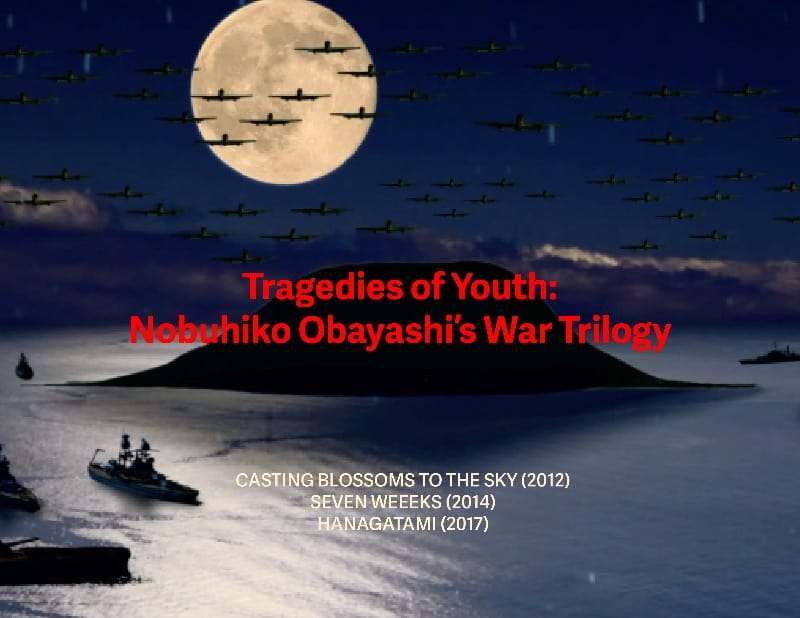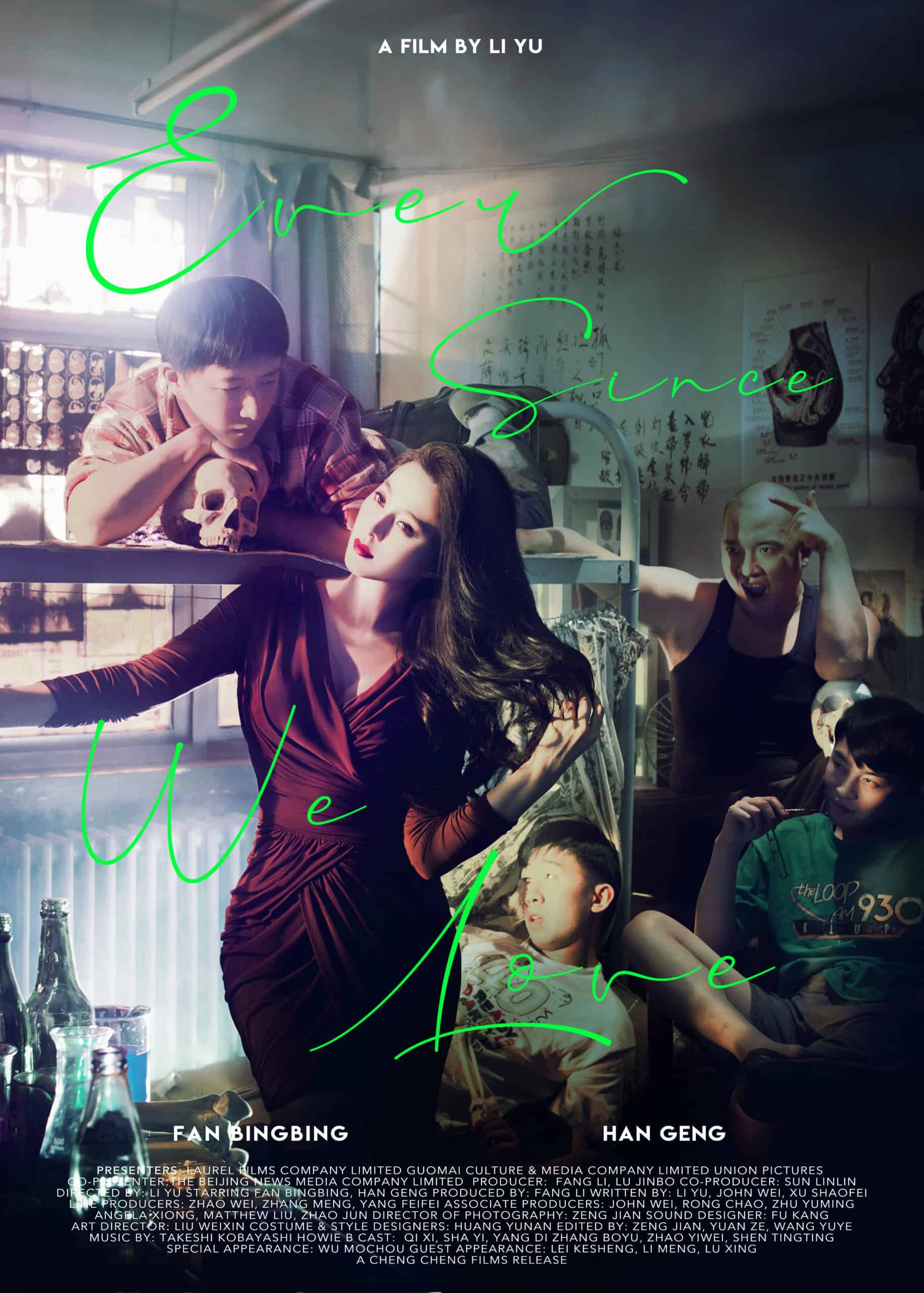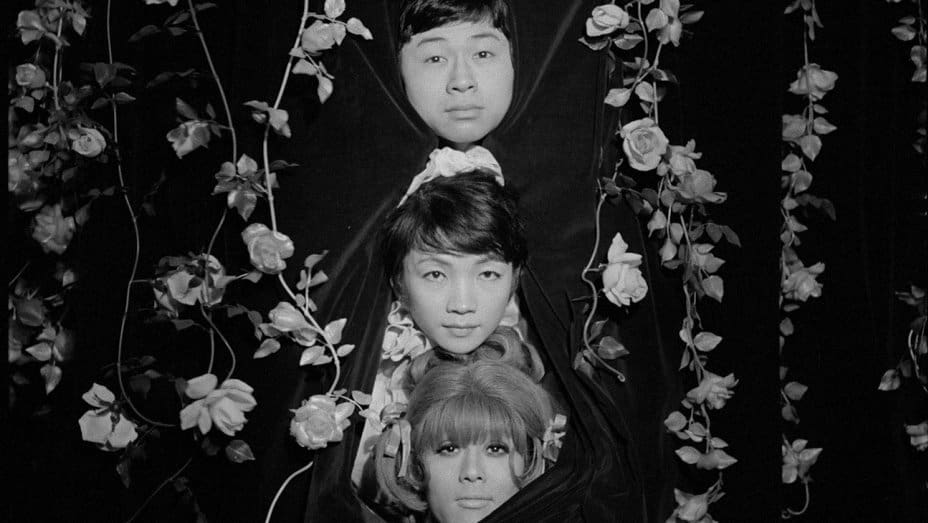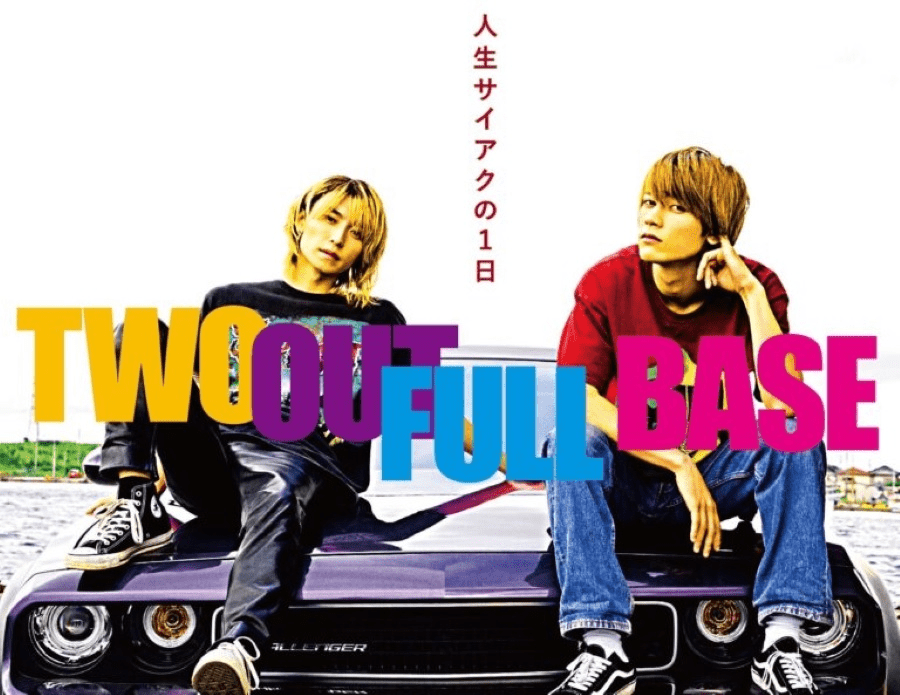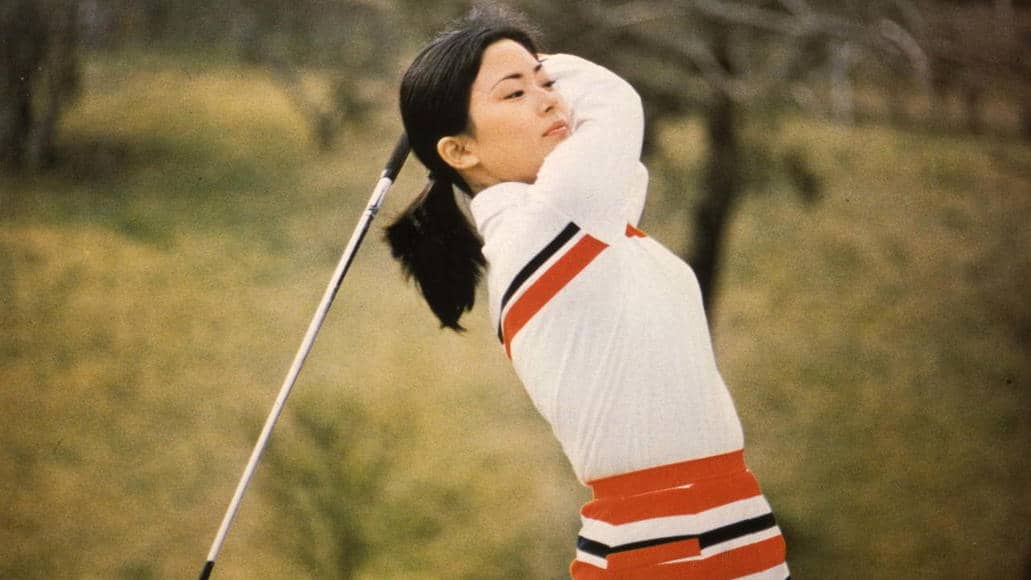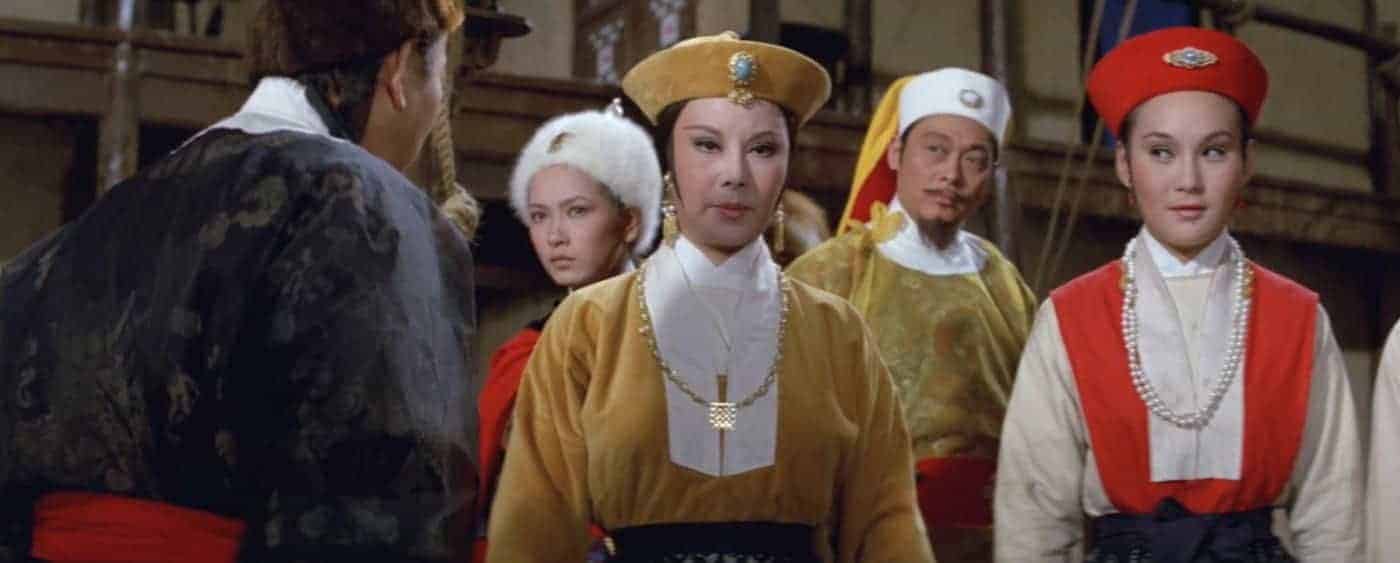In the last decade of his long and prolific career, Nobuhiko Obayashi (1938-2020) — best-known in the U.S. as the filmmaker behind the cult hit House (1977) — wrote and directed a trio of deeply personal and formally audacious films that confronted Japan's wartime past.
Made in the wake of the Great East Japan Earthquake and Tsunami of March 2011 and informed by Obayashi's firsthand experience as a child born on the eve of World War II in Hiroshima Prefecture, the staggering films in this trilogy—consisting of Casting Blossoms to the Sky (2012), Seven Weeks (2014) and, Hanagatami (2017)—collectively consider the loss of innocence for an entire generation of Japanese youth raised in the shadow of war and national disaster.
Kimstin is proud to present Nobuhiko Obayashi's War Trilogy, which opens at Japan Society, NY and nationwide virtual cinemas and theatres on July 9th

HANAGATAMI
Drama • 2h 51m • 2014
After being diagnosed with stage four lung cancer at the age of 80 and given six months to live, Nobuhiko Obayashi set out to fulfill his filmmaking dream: an adaptation of a 1937 novella by Kazuo Dan that the director had originally hoped to make even before his legendary debut House in 1977.
In the spring of 1941, wide-eyed 17-year-old Toshihiko Sakakiyama (Shunsuke Kubozuka) arrives in the coastal town of Karatsu in Saga Prefecture and befriends a group of teenage classmates who fall in love, quarrel and stumble through their remaining days of youth as war looms on the horizon. An extravagantly stylized epic that makes the most of green screens, elaborate lighting and dizzying editing, Obayashi's passion project and swan song is a grand culmination of the great director's dazzling visual style and a poignant reminder of the tragedy of war for this generation. (Japan Society)

SEVEN WEEKS
2014 | 171 min | Japanese with English Subs
In his follow-up to Casting Blossoms to the Sky, Nobuhiko Obayashi continues to explore themes of lost love, memory, war and art.
At 2:46 PM on March 11, 2013 in Ashibetsu, Hokkaido Prefecture, Mitsuo Suzuki (Toru Shinagawa) takes his last breath at the ripe age of 92. As the patriarch's far-flung family gathers to make preparations for his passing, a mysterious and unknown woman (Takako Tokiwa) appears among them. Together, they begin to unravel the secret history of Mitsuo's long life, including shocking tales of war in Sakhalin (an island in the Japanese archipelago that is now a part of Russia). Ruthlessly fragmenting scenes and setting a furious pace with one experimental technique following another, Obayashi's breathless film breaks down the barriers between past and present, reality and illusion, and even self and other, all in order to create an emotionally profound experience of loss and hope. (Japan Society)

CASTING BLOSSOMS TO THE SKY
2012| 160 min | Japanese with English Subs
In the aftermath of the Great East Japan Earthquake, journalist Reiko Endo (Yasuko Matsuyuki) travels to the city of Nagaoka in Niigata Prefecture as it prepares for an annual fireworks festival memorializing the fallen victims of war. Drawn to the city by an old flame who plans to put on a war-themed play written by a mysterious student, Reiko embarks on a journey of self-discovery as she learns the storied history of Nagaoka and the ghosts of its war-torn past.
Nobuhiko Obayashi's imaginative first entry in his war trilogy is a deeply moving work of mourning, compassion and hope that ultimately celebrates the resilience of humankind in the wake of debilitating catastrophe. Drawing parallels between war and the existential threats of modern disasters, Casting Blossoms to the Sky is a film dedicated to “the children of the future from adults who lived the past.” (Japan Society)


